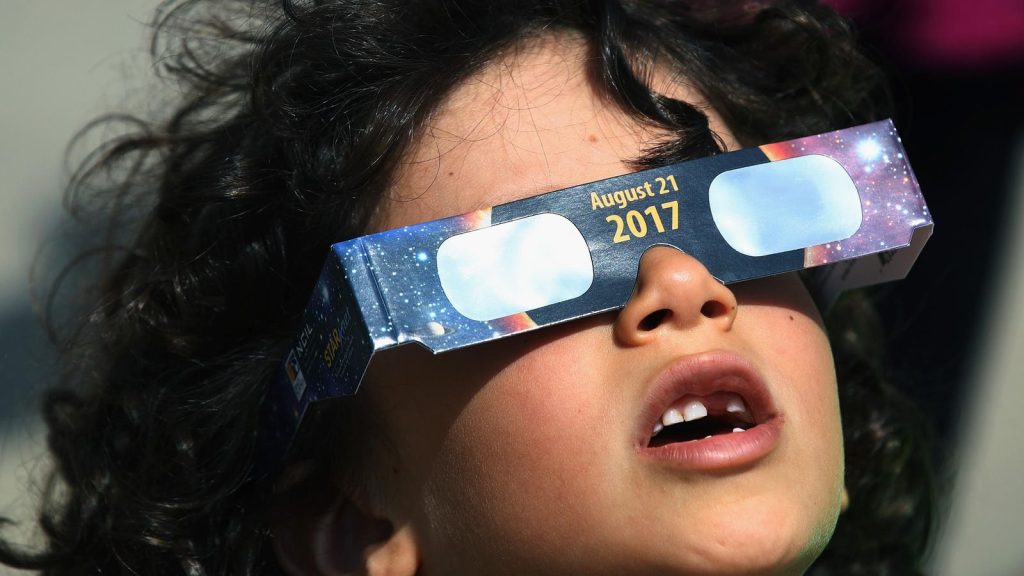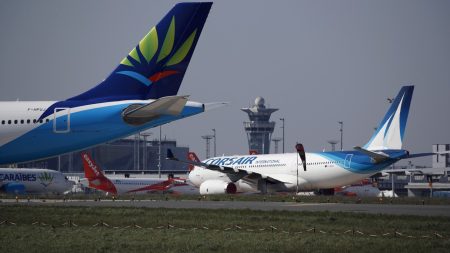The Federal Aviation Administration has issued a warning that the upcoming Great North American Eclipse on April 8 could cause flight delays and disruptions. The eclipse will begin over the South Pacific Ocean and cross North America, including Mexico, the U.S., and Canada. While the event is brief and mostly harmless as long as people don’t look directly at the sun, it could potentially wreak havoc on air traffic due to the large number of people planning trips within the path of totality.
Many airlines, including Delta Air Lines, have offered special solar eclipse flights that have quickly sold out, leading to a higher number of planes flying in already crowded airspace. The eclipse will coincide with peak Spring Break travel days, adding to the potential for disruption. The FAA has made plans to manage flights and minimize any disruptions during the eclipse to ensure safety for travelers and pilots.
The FAA predicts that next week, specifically April 8, will be the busiest of the season for air travel as travelers embark on Spring Break getaways and head to states along the path of totality to witness the eclipse. The FAA expects over 47,000 flights on Eclipse Day, which may result in limited parking at airports and potential delays for travelers. The administration advises pilots to be prepared for airborne holding, reroutes, and Expect Departure Clearance Times to ensure safe navigation during the eclipse.
The FAA has issued special instructions for pilots flying during the eclipse period to keep the skies safe, including preparing for delays in flight arrivals and departures. The administration has also produced a short video with advice for private pilots flying during the eclipse. A list of over 100 airports within 50 nautical miles of the eclipse path has been provided, including American Airlines’ hub at Dallas-Fort Worth International, in case of impact on flight operations.
The FAA offers tips for spring break travelers and those flying to see the eclipse, including following crew instructions, removing prohibited hazardous materials from baggage, and being mindful of lithium batteries in electronic devices. The administration enforces a zero-tolerance policy for unruly passenger behavior, which can result in civil penalties, criminal fines, and jail time. Passengers are encouraged to keep electronic devices powered by lithium batteries nearby to detect any incidents quickly and to securely store mobile devices to prevent fires from crushing incidents.
In conclusion, the FAA advises travelers to be patient, follow safety protocols, and ensure compliance with regulations to ensure a safe and seamless travel experience during Spring Break and the Great North American Eclipse. The administration is committed to managing air traffic and minimizing disruptions during this period to ensure the safety and well-being of all travelers and pilots. Enjoy the spring break and the eclipse, but remember to fly safe!














